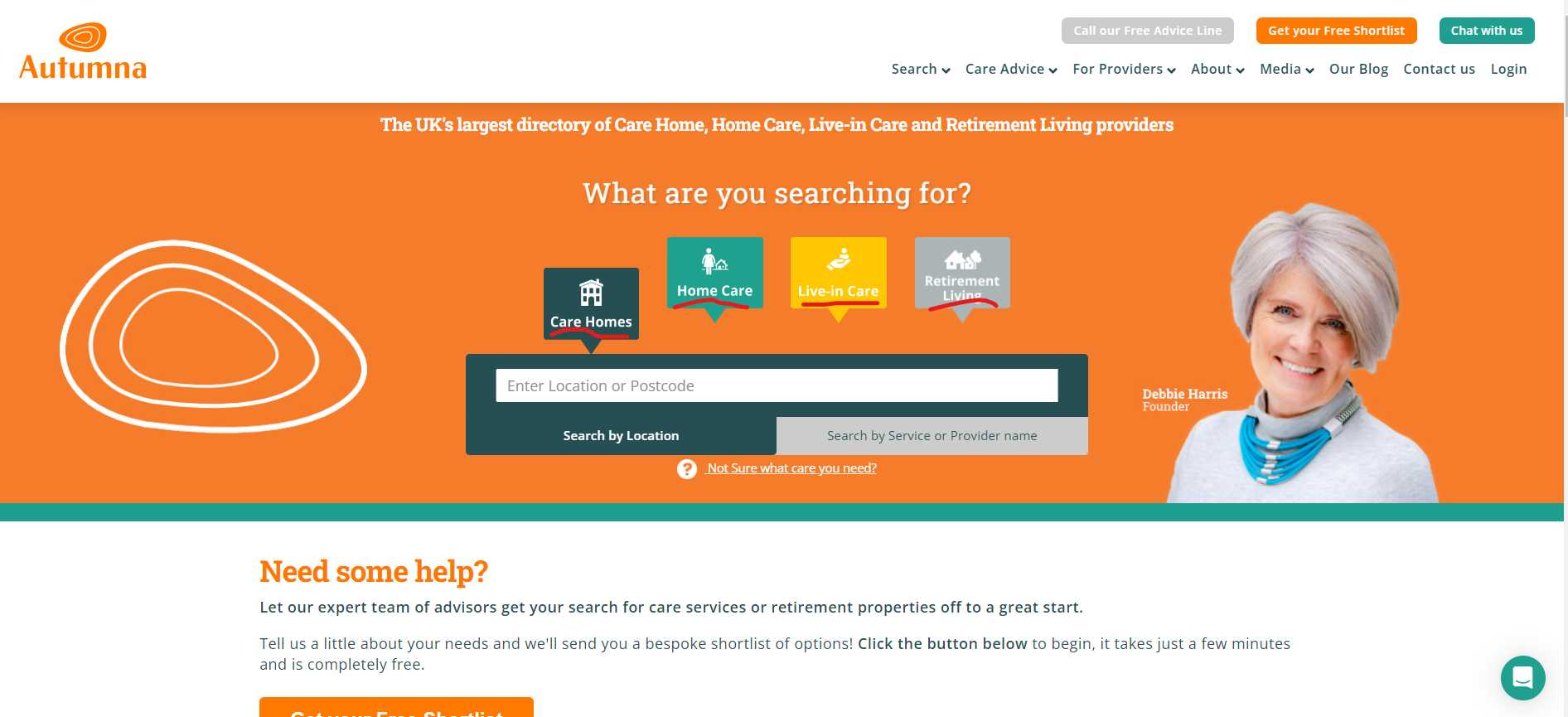Posted by Janine Griffiths
How often should a care plan be reviewed?

When it comes to ensuring that an individual receives the best possible care, having a well-structured care plan is crucial.
But care needs can change over time, which makes it essential to keep the plan up to date. So, how often should a care plan be reviewed?
In this blog, we'll explore the importance of regular care plan reviews, who needs them, and what you can do if you’re not satisfied with your current care plan.
Understanding this will help ensure that your care remains aligned with your evolving needs.
What is a care plan and why is it important?
A care plan is sometimes referred to as a care and support plan, and it provides a detailed outline of the services you will receive and how they will meet your needs. It also specifies when these services will be delivered and who will be responsible for providing them.
You will usually receive a care plan once you have had a care needs assessment from your local authority. This assessment will determine whether you are able to take care of yourself and carry out everyday tasks like washing, dressing or cooking.
Once you have had a care needs assessment, your local authority will decide whether you need help and what kind of assistance you need. This will be outlined in your care and support plan. Understanding the importance of a care plan can help you advocate for the best possible care for yourself or your loved one.
Who should get a care plan?
If you have had a needs assessment and are found to have care and support needs, a care plan will be created for you by the local authority. This plan outlines how your local council will address and fulfill your social care needs. It's important to be actively involved in the planning process to ensure your wishes are fully understood and considered. You should also have the option of reviewing your care and support plan to ensure you are happy with it before it is completed.
What does a care plan include?
A care plan will usually include:
- Details of those that will be involved in your care.
- What is important to you.
- What you can do yourself.
- Any equipment or care you need.
- Your personal budget - this is the amount of money your local council will pay towards any social care and support you need.
- It will include the weekly amount of money the council will spend on your care.
- Your care plan will also include how much money, if any, you must contribute to the cost of meeting your care needs.
- The care you will get from your local council.
- How and when you will receive care.
How to get a care and support plan
To get a care and support plan, you will first need to contact social services at your local authority. They will conduct an assessment to decide what assistance you are entitled to. The support you need will then be written up in a care plan.
How often should a care plan be reviewed?
A common question that many care seekers have when trying to determine the support they are eligible for is ‘how often should a care plan be reviewed?’
Regular reviews are essential to ensure that your plan continues to reflect your current needs, especially as circumstances change. Understanding the importance of a care plan and its regular review can help you advocate for the best possible care for yourself or your loved one.
Your care plan should be reviewed on a regular basis to see whether your support needs are being met. Generally, your initial care plan will be reviewed within three months to see whether it is suitable for you. After that, it should be reviewed once per year.
What if I want to change my care plan?
It is worth noting that you will always be able to call adult social services at your local council and ask for a review if you believe your care plan is not working for you. Once you have a care plan and you are clear on how often your care plan should be reviewed, the next step is to make preparations for your care.
Planning for a care
The care you receive will be based on the level of support identified in your assessment.
Regardless of the type of care you are eligible for, the Autumna directory can quickly help you find the service you need.
Simply head over to our homepage. Click on the service you need. This could be Care Homes, Home Care, Living Care, and Retirement Living. You can type in your preferred location, and it will bring up a list of care facilities in your area.

You can then filter it down further based on price, care type, and more.
Speak to a member of our team
To get a list of care services that are right for you, you can use our FREE shortlisting tool and provide some information about yourself to receive a bespoke list of care facilities. You can also get in touch with our knowledgeable team of advisors by calling 01892 335 330.
Receive a Free Care Provider Shortlist!
Let our expert team of advisers get your search off to a great start.
Tell us a little about your needs and we'll send you a bespoke shortlist of care providers! Click the button below to begin, it takes just a few minutes.
Other articles to read
From the blog

Older Persons Care Advice
Ultimate guide to care homes in Norwich
April 23rd, 2025
Discover the best care homes in Norwich—explore lifestyle-focused options, top-rated services, and how to choose the right home with confidence.

Older Persons Care Advice
How to find an adult day care centre near you
April 22nd, 2025
Looking for an adult day care centre near you? Discover how to find safe, joyful care for your loved one—and support for yourself—on Autumna.

Older Persons Care Advice
How to shortlist care homes in Exeter
April 17th, 2025
Need help shortlisting care homes in Exeter? Learn how to filter options with confidence, compare homes, and find the best fit with Autumna’s free tools.
Frequently Asked Questions
The main difference is that a care and support plan can be written on behalf of an individual or in discussion with that individual. It outlines the daily care and support an individual needs. On the other hand, an advance care plan (ACP) can only be written in accordance with an individual’s wishes. An ACP can include information on the individual's preferences for care and death, their personal care needs and their preferences for health care decisions made in the future.
A care plan should be reviewed within the first three months of being implemented. After that, it should be reviewed once every 12 months.
A care plan is almost always created after a care needs assessment and typically involves the input of healthcare professionals, pharmacists, friends, families and other advocates.
A care plan can lead to improved outcomes by proactively helping people to plan and manage their own health and wellbeing. By integrating health and social care at the point of assessment, it means the individual will not have to repeatedly explain their condition as the necessary information will be contained in the care plan.
You can find more information about what options are open to you by visiting the Autumna website and selecting the services that are relevant to individual as outlined in your care plan.






